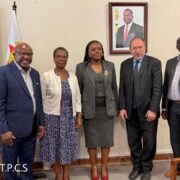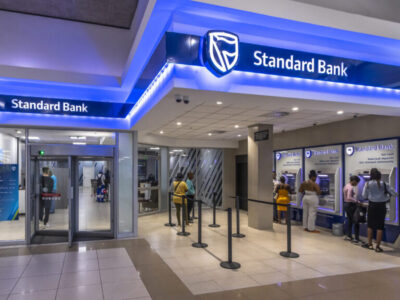The controversy surrounding Starlink’s entry into the South African market has taken a dramatic turn, while the country’s authorities have criticized CEO Elon Musk’s comments on land reform policies as “regressive” and “racially insensitive,” the real issue lies in licensing and equity ownership requirements.
According to South African Minister of Communications and Digital Technologies, Mondli Gungubele, Starlink has not applied for the necessary licenses to operate in the country . However, the Democratic Alliance, a South Africaneloe opposition party, claims that the ANC government is blocking Starlink due to its empowerment policies, which require companies to have at least 30% equity ownership held by persons from historically disadvantaged groups .
This requirement has been a major point of contention, with SpaceX arguing that it’s not feasible for them to meet this demand. In a written submission to the Independent Communications Authority of South Africa (ICASA), SpaceX stated that many foreign satellite operators have global policies that prevent local shareholding, thus excluding them from the South African market .
Despite the setbacks, Starlink remains a highly anticipated service in South Africa, particularly in rural areas where internet access is limited. The company has already launched its services in several Southern African countries, including Zimbabwe, Zambia, Botswana, Eswatini, Malawi, Mozambique, and Madagascar .
As the situation unfolds, it’s clear that Starlink’s entry into the South African market will require careful navigation of the country’s complex regulatory landscape. Whether the company can find a way to meet the government’s requirements remains to be seen.














Comments